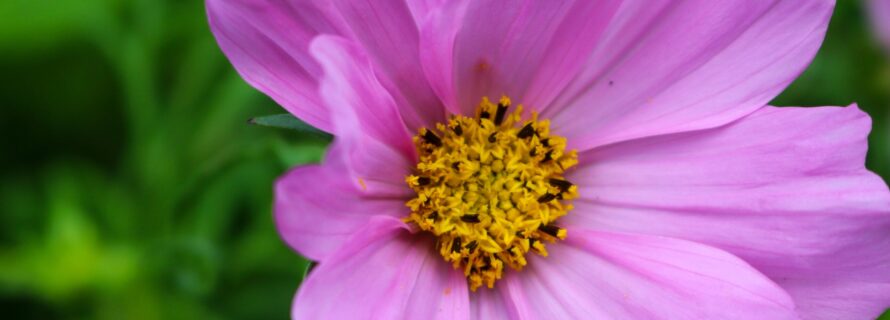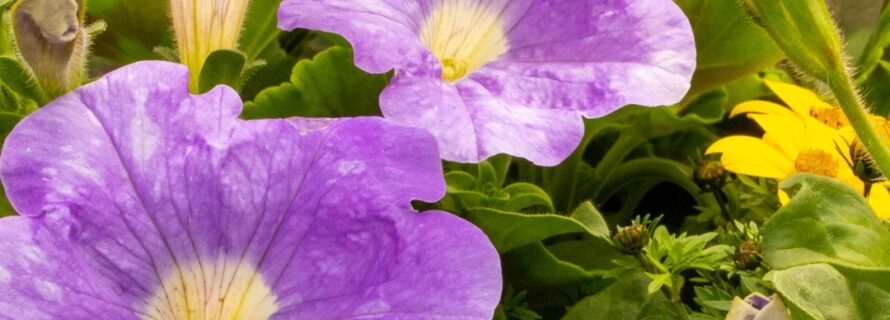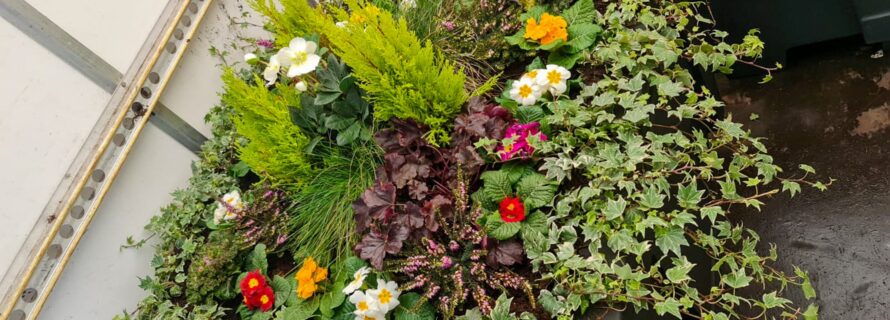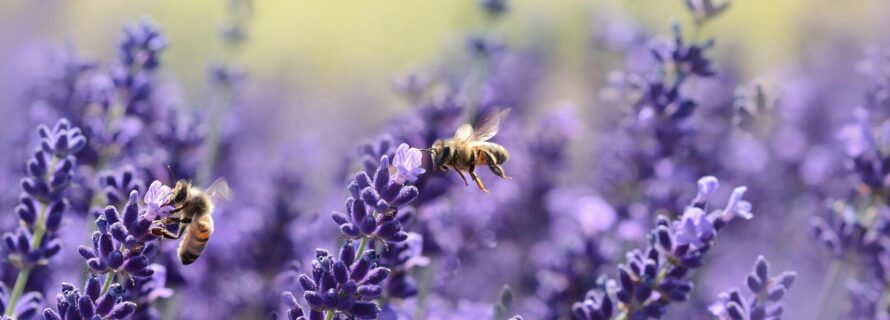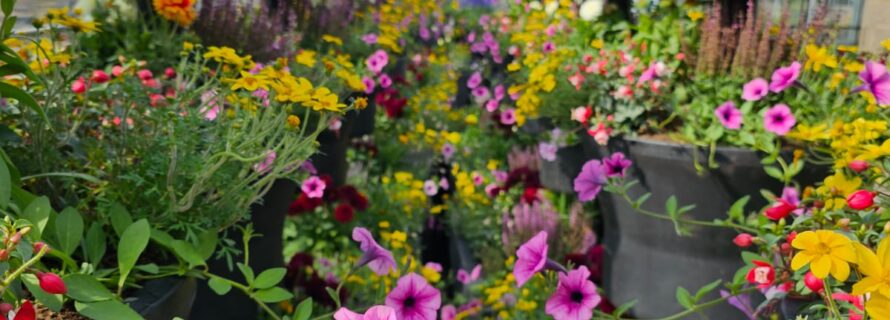We find out why during National Insect Week
Urban environments filled with flowers play a vital role in protecting bees and butterflies, according to an academic research project – and as this week is National Insect Week we want to say a huge thank you to them for their important work.
In fact, the hundreds of towns and cities across the UK choosing to fill their streets with our tremendous floral displays are not only helping their two-legged residents feel happy – they are literally a life saver for their six -legged inhabitants.
National Insect Week is the creation of the Royal Entomological Society, which is keen to encourage everyone to take more notice of the multitude of insects around them – and appreciate their value to our delicate ecosystem.
While bees and butterflies are the main pollinators which come to mind, other insects in the UK, such as hoverflies, also play a part.
Among the organisations lending its voice to the campaign is Bristol University, which is carrying out an important study – the Urban Pollinators Project – into the role played by urban environments in protecting the creatures without which our food chain could collapse.
Head of the university’s School of Biological Sciences, Prof Jane Memmott explained that many of the foods we enjoy, such as apples, strawberries and tomatoes, would disappear were it not for the actions of vital pollinators.
Environmental devastation aside, losing pollinators would have a massive economic impact too, she explained. The total value of crops pollinated by insects in the UK is estimated to be £510m per year, according to the research, and the cost of replacing the pollination services provided by these insects with hand pollination is estimated at a whopping £1.8bn per year.
She says that with 97% of wildflower meadow habitat having vanished over the past ninety years, a tendency to monoculture in farming and the use of pesticides, bee and butterfly populations have been seriously depleted.
Which is why urban environments have such a vital role to play in maintaining levels.
“Urban environments are growing across the UK, and flower-rich oases in otherwise uninviting city habitats could support large numbers of pollinators.
“Urban habitats have the potential to provide excellent conditions for pollinators. For example, half of Germany’s entire bee fauna have been found in Berlin, 35% of British hoverfly species were sampled in a single Leicester garden and honey bees produce more honey in urban Birmingham than in the surrounding countryside.”
Which is why the benefits of ensuring our towns and cities are awash with flowers go way behind mere aesthetics. So thank you to those of you who are helping save the world!
If you’d like to talk to a member of the Plantscape team ring 0330 5550121 option 5 or email info@plantscapeuk.com.

